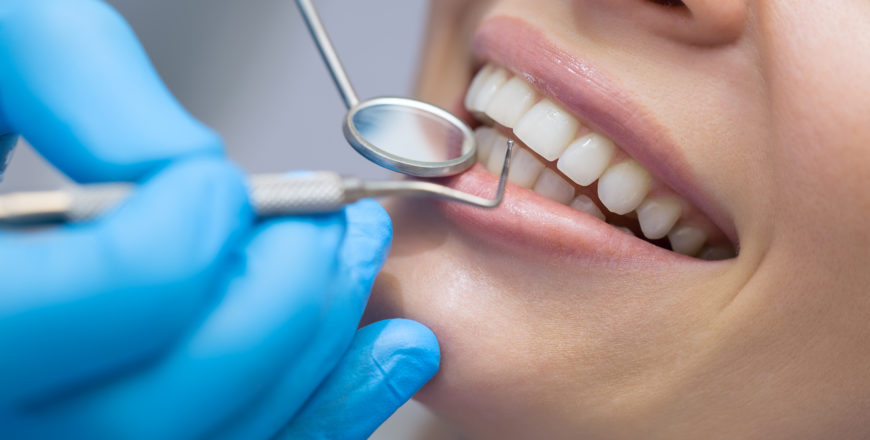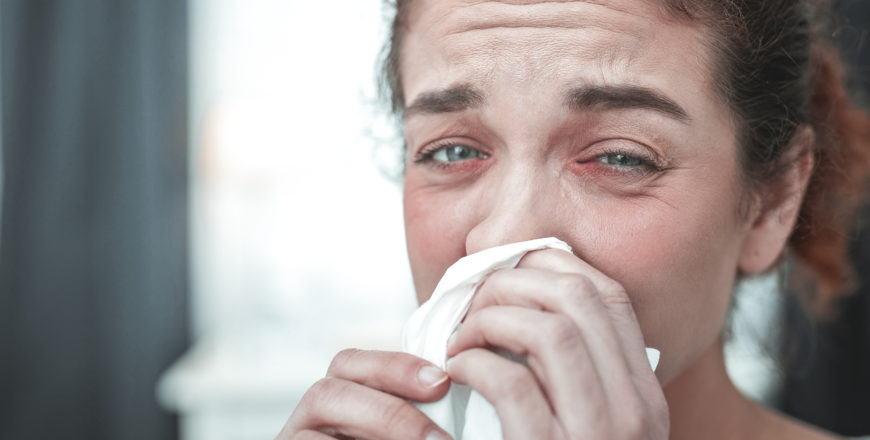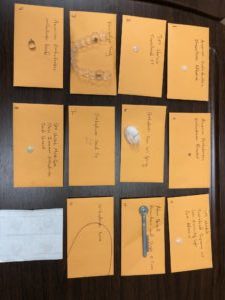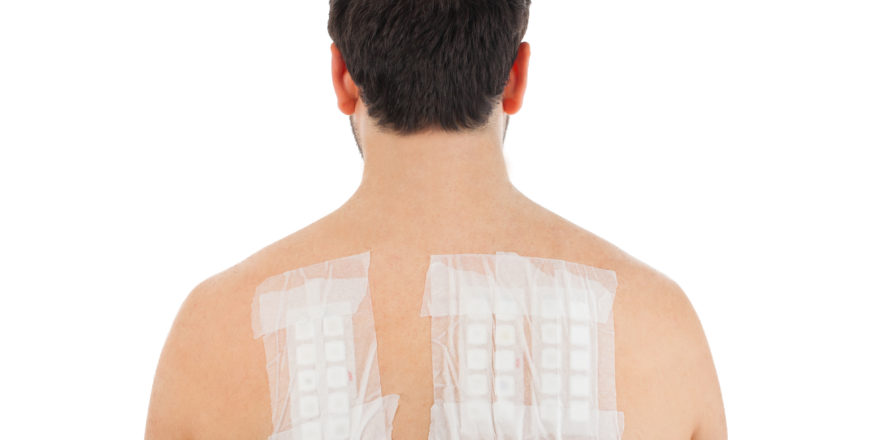Choose your category:

Dental materials are used for any type of procedures that dentists and dental surgeons perform to fix your teeth and make your smile beautiful. They use special materials and chemicals to make dental bridges, dental braces and tooth filling.
Examples of testable dental materials:
– Filling composites
– Implant metals
– Crowns
– Braces
– Dentures
Also there are medications to make these procedures pain-free, or to treat the infection. These are topical numbing medications such as lidocaine and other anesthetic topical preparations.
People can have various reactions to the chemicals and medications. So, it is important to know which materials are safe for you to use if you know you have allergies.

Allergic reactions can be annoying or life-threatening. For example, a reaction to lidocaine is more of an annoying kind. It can involve the local swelling, headache and dizziness. But is not going to kill you. On the other side, a reaction to Penicillin can be deadly within minutes. Only an Allergist can give you a safety estimate of the treatment you are about to get. Even then, there are no 100% guarantees. Test can only help to predict a possibility of reaction.
Here are the most common signs you are having an allergic reaction to the dental materials:
1. Swelling and redness of the gums, tongue and lips
2. Painful ulcers on the inside of the gums that touch braces or implants
3. Increased production of saliva
4. Sore throat and swollen neck lymph nodes
5. Rashes on the face and all over body that appeared after implant of brace was installed
6. Feeling sick and achy without symptoms of cold or flu.

It all depends on the previous history of the reactions you had. During the first consultation with Dr Kushnir you will need to fill out questionnaire and discuss the allergic reactions you’ve had. Doctor will review all the evidence and come to the conclusion about type of reaction you had, as well as the testing method. Only a skilled Immunologist can decide for the best way to keep you safe and informed. Sometimes, the test is not recommended at all because:- Test will not be able to predict if you will experience the problem with needed procedure
– Your previous reaction was not allergic
– It is dangerous to test – you may have severe problems with exposure to the material
– You are not testable due to taking certain medications (such as steroids)
If the test is OK to perform, you will need to schedule 3 appointments:
1. Placement of the test patches
2. 48 hour check when the patch is removed and first result is registered
3. 72 hour check when the delayed reaction is registered
You may need to schedule another appointment to discuss your results with the Doctor, if results indicate significant allergy to materials.

First, call our office to schedule a NEW appointment
Second, talk to your dentist to provide you with samples of the materials that will be used for the procedure. Our office can perform some standard metal testing with PATCH test. But if special materials will be used, we recommend to obtain a tiny sample of this device or medicine. This type of test provides the most specific and precise results.
Sometimes, you can give our office a permission to speak with the practice where you are treated. We can help you obtain all necessary materials and tests.

The test does not hurt. It consists of the small patches that are attached to your skin on the back or shoulders. While the procedure itself is very easy, sometimes you may have an allergic reaction to medication or material used. You will be instructed by our medical assistant how to remove the test patch and treat the reaction.
Unfortunately, there is no other procedure to determine if you are allergic to the dental materials. Don’t worry – if you have a local reaction to the material tested, it resolves fast with proper care.

If you had previous reactions to the metals, plastics, chemicals or medications, it is important to make every precaution not to have these problems again. We evaluate and diagnose allergy to dental materials and medications. Then we make suggestions on what can be used instead. Now you can safely go to your dentist, and get necessary procedures done safely, allergy-free and pain-free!
We work with many dental clinics to give our patients best options and solutions. We offer custom and pre-ordered patch test for contact sensitivity